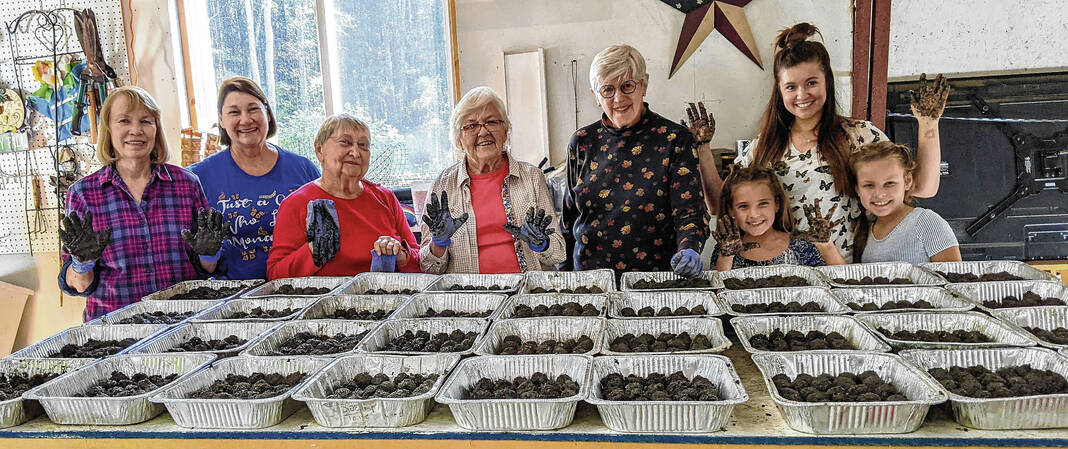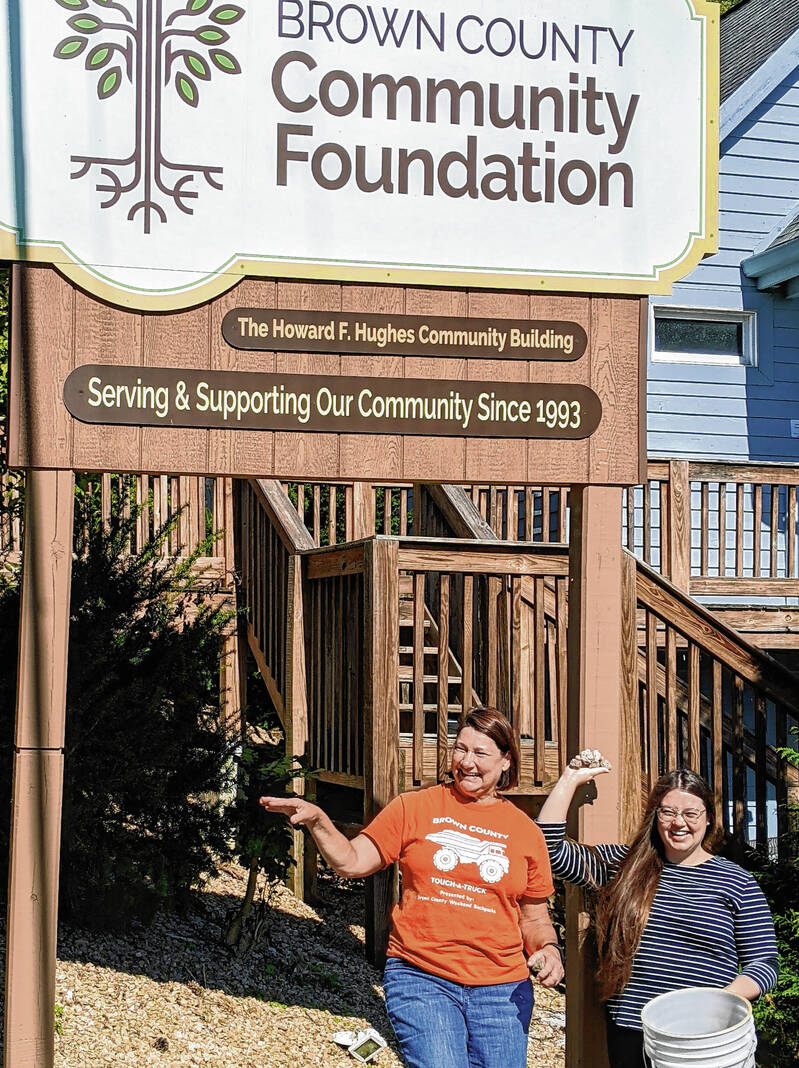By DEBBIE KELLEY, guest columnist
I’m passionate about monarchs. Not just because they are beautiful and their journey is so inspiring, but because monarchs and other pollinators play an important role in our ecosystem.
According to National Wildlife Federation (NWF), eastern monarch butterfly populations have declined 90% from their high in 1969 and further declines are predicted unless significant pollinator habitats are restored in their migration path. Indiana is considered one of the most important states in that migration path.
Although fewer monarchs might be more noticeable, there are also fewer bees, songbirds and other wildlife because the monarch breeding habitat is one they share with all pollinators. According to Hoosier Environmental Council, as many as 63% of honeybees colonies are lost each year in Indiana, primarily due to habitat loss.
Monarch Joint Venture, a nonprofit devoted to protecting monarchs and their migration, consider monarchs to be the proverbial “canary in the coal mine.” The loss of habitat sets off a chain reaction as food sources suffer for pollinators and birds, and eventually impacts our food systems.
Pollinators help create one out of every three bites of food we eat. Pollinators, birds, wildlife – our health is tied to theirs. We are all connected and restoring their habitat is an essential first step.
Many communities in Indiana are establishing programs to restore pollinator habitat and Brown County is one of them.
Last year the Brown County Pollinators group was established and had a busy year. Donna Niednagel and St. David’s Episcopal Church held a fun three-day pollinator children’s camp in July. We had a pollinator booth at the Brown County Fair and held five events where volunteers made more than 3,000 milkweed seed bombs in August and September.
In October, milkweed seed bombs were planted on 24 properties of Brown County residents and businesses who pledged not to mow after July 1 or use pesticides.
Thank you so much to those who pledged their land in 2021: Libby Arnold, Brendan and Sidney Bolum, Brown County Community Foundation, Mike and Marilyn Day, Christopher Dick, Gnaw Bone Camp, Jim and Jan Drum, JoDohn and Louise Glaze, Bob and Chris Gustin, Happy Hollow Camp, Anne Hawk, Jackson Township Volunteer Fire Department, Tim and Deb Kelley, Janette Koon, Gay Lawson, Sally Anne Murphey, Larry and Glenda Murphree, Bob and Yvonne Oliger, Mike Riebl, Nate and Sarah Roberts, David and Jane Savage, Karen Sparks, Waycross Campand Suzie Woodall. Because of their efforts, 100 acres of Brown County land is being converted into pollinator habitat.
Our goal is to find another 100 acres of land to restore to pollinator habitat in 2022. We are also planning a number of educational sessions to raise pollinator awareness.
On Thursday, May 12 Brown County Pollinators and their partners, Purdue Extension – Brown County, Brown County Soil and Water Conservation District, Natural Resources Conservation Services and St. David’s Episcopal Church will host an educational session at the Brown County Public Library. The session will cover how to create pollinator habitat and what grants are available to help with the cost. We hope you will join us!
To learn more, create a pollinator habitat or volunteer to plant milkweed, you can visit www.browncountypollinators.com or www.browncountylibrary.info/events/pollinators.
Debbie Kelley is a member of the Brown County Pollinators group. Debbie and her husband Tim retired to Brown County in 2016. She is a master gardener, on the board of the Brown County Community Foundation and the Brown County Weekend Backpacks, Inc. She actively raises and tags monarch butterflies and created the Brown County Pollinators in 2021 with Donna Niednagel, Kara Hammes and Erin Kirchhofer. She can be reached by emailing [email protected].







